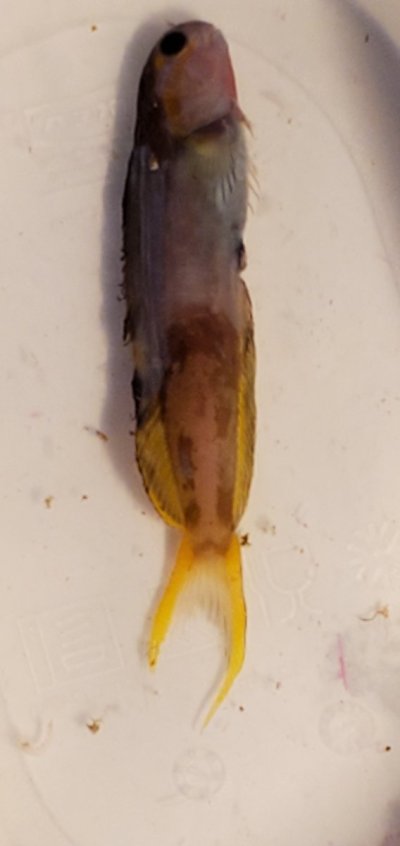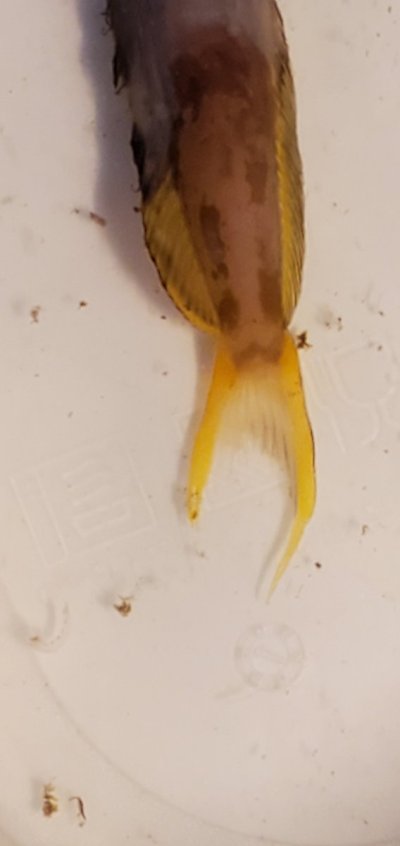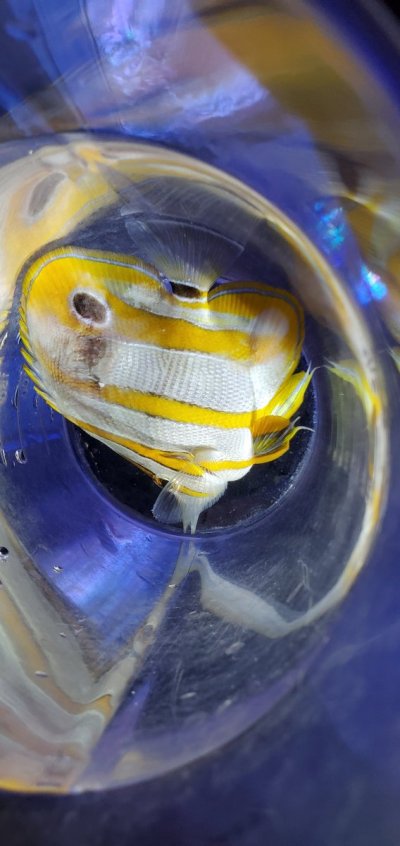- Joined
- Nov 9, 2014
- Messages
- 22,424
- Reaction score
- 34,851
I sometimes get asked if it's okay to use Prazipro in food for treating intestinal worms, and up until now I never had a reason to say, "Don't do it." Until I read this: https://www.ncbi.nlm.nih.gov/pubmed/19555752
The study doesn't specifically mention oxybispropanol (the solubilizing agent used in Prazipro), but IMO it's just not worth the risk.
Therefore, I recommend only food soaking powdered medications which will not contain any liquid solubilizing agent. Examples of these include Praziquantel, Levamisole, Fenbendazole or Piperazine powder for deworming purposes. Straight Metronidazole powder to treat internal flagellates / parasitic diplomonads.
API General Cure contains both prazi + metro in powder form, and is probably the easiest all-purpose internal parasite/worm medication for hobbyists to source.
As always, dosing the water sometimes helps with internal problems as fish will absorb the medication + drink the water. However, food soaking is generally more effective (for internal issues) as the medication gets delivered through the GI tract where the pathogens actually live. Using a binder (e.g. Seachem Focus) makes feeding most of the above medications reef safe, and also greatly reduces the loss of medication to the water through diffusion.
The use of solubilizing agents to improve the solubility of poorly water-soluble drugs often results in an alteration of intestinal membrane barrier function and intestinal membrane damage.
The study doesn't specifically mention oxybispropanol (the solubilizing agent used in Prazipro), but IMO it's just not worth the risk.
Therefore, I recommend only food soaking powdered medications which will not contain any liquid solubilizing agent. Examples of these include Praziquantel, Levamisole, Fenbendazole or Piperazine powder for deworming purposes. Straight Metronidazole powder to treat internal flagellates / parasitic diplomonads.
API General Cure contains both prazi + metro in powder form, and is probably the easiest all-purpose internal parasite/worm medication for hobbyists to source.
As always, dosing the water sometimes helps with internal problems as fish will absorb the medication + drink the water. However, food soaking is generally more effective (for internal issues) as the medication gets delivered through the GI tract where the pathogens actually live. Using a binder (e.g. Seachem Focus) makes feeding most of the above medications reef safe, and also greatly reduces the loss of medication to the water through diffusion.























